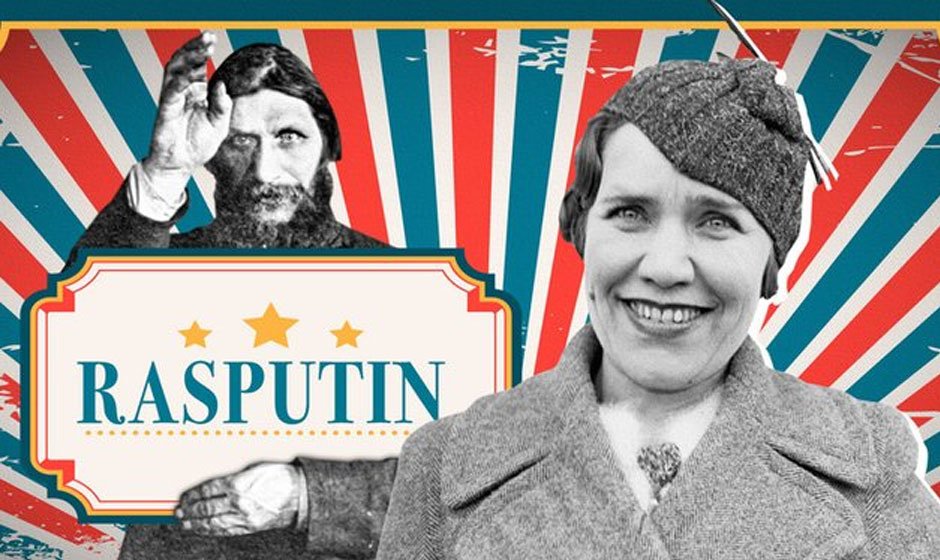Laurence Huot-Solovieff is the only one of the surviving descendants of Rasputin. Rasputin was one of the major figures of the late Russian Empire, who made world headlines for his influence, extravagant ways, and love affairs.
Laurence Huot-Solovieff’s Family
Laurence Huot-Solovieff is known as the great-granddaughter of the famous Rasputin, a Russian mystic influential at the court of Czar Nicholas II and Alexandra. Grigori Yefimovich Rasputin was born on 21 January 1869 to a family of peasants in the Siberian village of Pokrovskoye, located within Tyumensky Uyezd in Tobolsk Governorate. Rasputin married a local woman, Praskovia Fyodorovna Dubrovina in 1889. Out of Praskovia’s 7 pregnancies, 3 children survived to adulthood: Dmitri (born in 1895), Maria (born in 1898), and Varya (born in 1900). Maria married Boris Soloviev and had a daughter named Tatyana Soloviev. Laurence Huot-Solovieff is Tatyana’s daughter.
Rasputin didn’t settle for an ordinary life. His life changed in 1892, when he spent months at a monastery, putting him on the path to international renown. Despite his later nickname, “The Mad Monk,” Rasputin never took Holy Orders. He had a religious conversion experience after embarking on a pilgrimage to a monastery in 1897 and has been described as a monk, though he held no official position in the Russian Orthodox Church.
His religious fervor, combined with an appealing personal charisma, brought Rasputin to the attention of some Russian Orthodox clergymen and then senior members of the Imperial family, who introduced him to Nicholas II and his wife, Alexandra. He cemented his relationship with the czar and czarina when he helped alleviate their only son Alexei’s hemophilia, a disorder where blood is unable to properly clot. Rasputin was supposedly able to stop Alexei’s bleeding and become a close advisor to the family.
Rasputin soon became a controversial figure; he was accused by his enemies of religious heresy and rape and was suspected of exerting undue political influence over the czar. Opposition to Rasputin’s influence grew within the Eastern Orthodox Church. In the early morning of 30 December 1916, a group of noblemen including Prince Felix Yusupov assassinated him by successively poisoning him, shooting him, and finally throwing him into the ice-filled Neva River.
Laurence Huot-Solovieff’s Net Worth
Laurence Huot-Solovieff lives a very quiet and simple life and after the cruel murder of his ancestor, Rasputin, not much has been documented about the family. Rasputin was an influential favorite at the court of Emperor Nicholas II and Empress Alexandra, through whom he gained considerable influence in the final years of the Russian Empire.
Rasputin had risen rapidly through Russian society, starting as an obscure Siberian peasant-turned-wandering-holy-man and then becoming one of the most prominent figures in the Czar’s inner circle. The imperial family’s belief in Rasputin’s healing powers brought him considerable status and power in court. And he used his position to full effect, accepting bribes and sexual favors from admirers] and working diligently to expand his influence.






